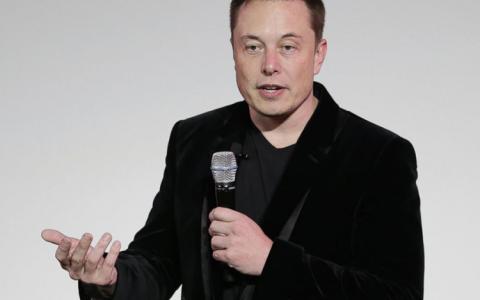
Dogecoin rallied more than 20% Wednesday morning following news it would soon be added to one of the world’s largest cryptocurrency exchanges and encouragement from billionaire enthusiast Elon Musk on Twitter, gaining nearly $10 billion in market cap but leaving it a long way off the all time high it reached ahead of Musk’s SNL appearance in early May.
Key Facts
Dogecoin was trading at around $0.39 a coin early Wednesday morning—up from around $0.32 before Coinbase Pro on Tuesday announced its imminent availability on the platform.
The exchange’s announcement spurred a flurry of interest in the meme cryptocurrency, as did tweets from Tesla CEO Elon Musk, who regularly moves crypto markets with his social media activity.
Dogecoin’s market cap now sits at around $51 billion, up from $42 billion on Tuesday, making it the sixth most valuable cryptocurrency by market cap.
At its current value, dogecoin is worth more than Covid-19 vaccine producer BioNTech, Dollar General and Marriott International.
Key Background
Coinbase teased its coming support of dogecoin earlier this month, causing another spike in the crypto’s value. Its inclusion on the platform is a major nod to the enduring popularity of the meme coin that started life as a joke. Dogecoin is volatile even within the highly turbulent crypto landscape, typically shifting double digits in response to attention from Musk. The rally leaves it a long way off highs of a month ago, when a weeklong rally took it to new all time highs in advance of Musk’s highly anticipated appearance on Saturday Night Live. Its value plummeted 40% following Musk’s performance and crashed, along with the entire market, when Musk tweeted Tesla’s decision to no longer accept bitcoin and China said it would be cracking down on financial institutions using the digital assets.
What To Watch For
Dogecoin trading begins on Coinbase Pro at 9 a.m. PT Thursday. Its release will be staggered in order to ensure a “healthy and orderly market.”
Tangent
The U.S. Securities and Exchange Commission reportedly wrote letters to Tesla in 2019 and 2020 over Musk’s potentially market-moving social media habits, the Wall Street Journal reported. The regulator accused the company of failing to enforce a court agreement requiring Musk to gain approval for his tweets after he claimed to have secured funding to take Tesla private on the platform in 2018. The vetting was part of a settlement after the regulator sued him for fraud.
This article originally appeared on Forbes.



